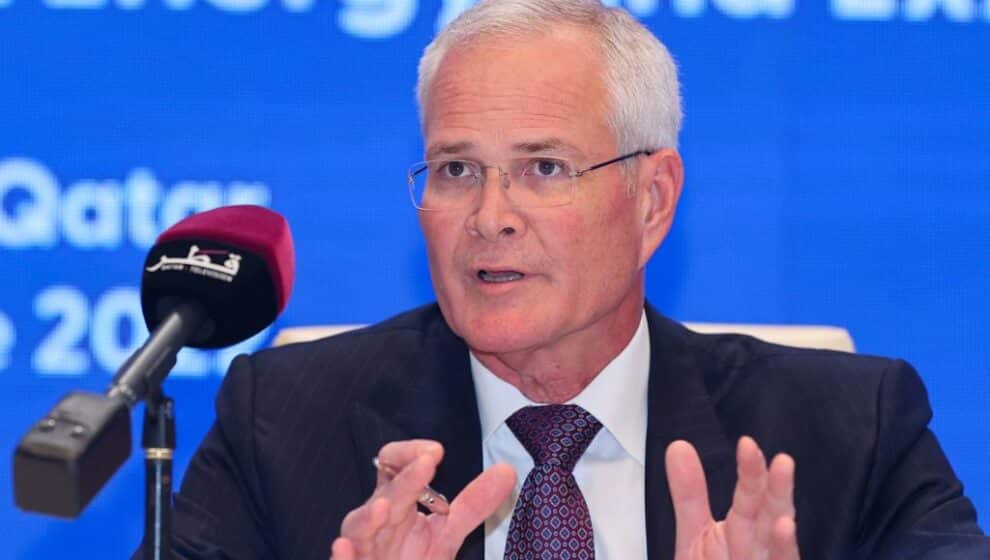ExxonMobil Corp’s CEO Darren Woods told investors on Tuesday that the company’s Low Carbon division could outperform its oil-and-gas division within the decade.
Key Details
- Woods told investors the Low Carbon business could generate hundreds of billions of dollars in revenue.
- With a new focus on the low-carbon market, Woods says the largest U.S. oil producer will be less susceptible to price swings in the energy market.
- Instead, the company will have the advantage of long-term, predictable contracts with customers looking for a smaller carbon footprint.
- Exxon’s new vision for its business may take some time to come to life, depending on regulatory support for carbon pricing, Reuters reports.
Why it’s news
There is a major push around the world to reduce reliance on fossil fuels and increase access to clean energy options such as solar, wind, and hydrogen. The transition from one to the other will take decades.
Nevertheless, energy demand is expected to rise in the next several years, prompting other large oil producers to increase oil output plans, saying that fossil fuels are the more profitable option for the companies. Exxon’s strategy to focus on low-carbon options stands out against its peers who plan to increase oil output.
Unlike its competitors, ExxonMobil has focused relatively little on renewable energy options like solar and wind. Instead, its climate initiatives focus on reducing carbon emissions from current operations. Its focus on oil production led to record profits for its investors last year.
The company is now focusing on carbon capture, hydrogen, and biofuels. By 2050, Exxon estimates that this division will have a combined potential to bring in $6.5 trillion—a number that rivals its current oil and gas operations.
Along with outlining plans to increase low-carbon initiatives, Exxon also announced a long-term contract with chemical company Linde Plc, the latest customer looking to pay for the decarbonization of its operations.
Exxon expects that customers like Linde will grow. The contracts should bring in billions of dollars over the next five years, Reuters reports. Depending on market conditions, Exxon estimates that this low-carbon market could be worth tens of billions of dollars.
Backing up a bit
Shell CEO Wael Sawan is considering whether or not to continue building on the company’s record earnings from last year by increasing oil production.
While the London-based energy company’s investors would applaud increased revenue, increased production would likely result in complaints from environmentalists. Many critics want Shell to prioritize investment in climate-related activities. Those same critics would see increased oil production as a step back from that goal.
Though Sawan says the company is still committed to lowering its overall emissions, he recognizes that the most significant profit potential lies with oil and gas, The Wall Street Journal reports.
Additionally, Sawan believes Shell’s fossil fuel profits should not support renewable and low-carbon energy options. The alternative energy options should be able to support themselves.
As Sawan looks at the energy company’s portfolio, he is considering revising Shell’s previous commitment to reduce crude output by 1% to 2% each year until 2030.

